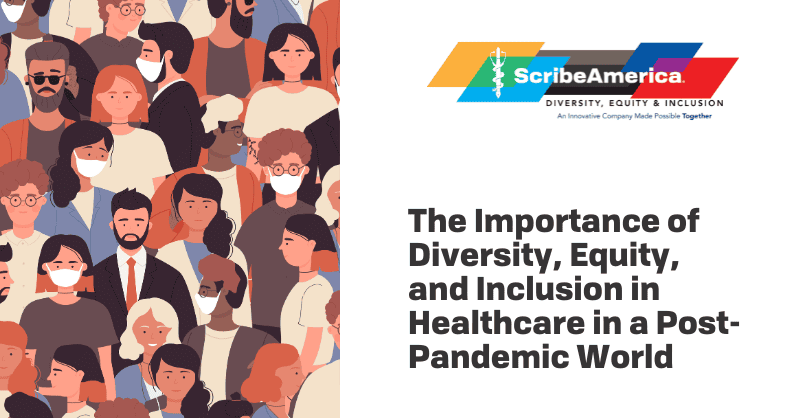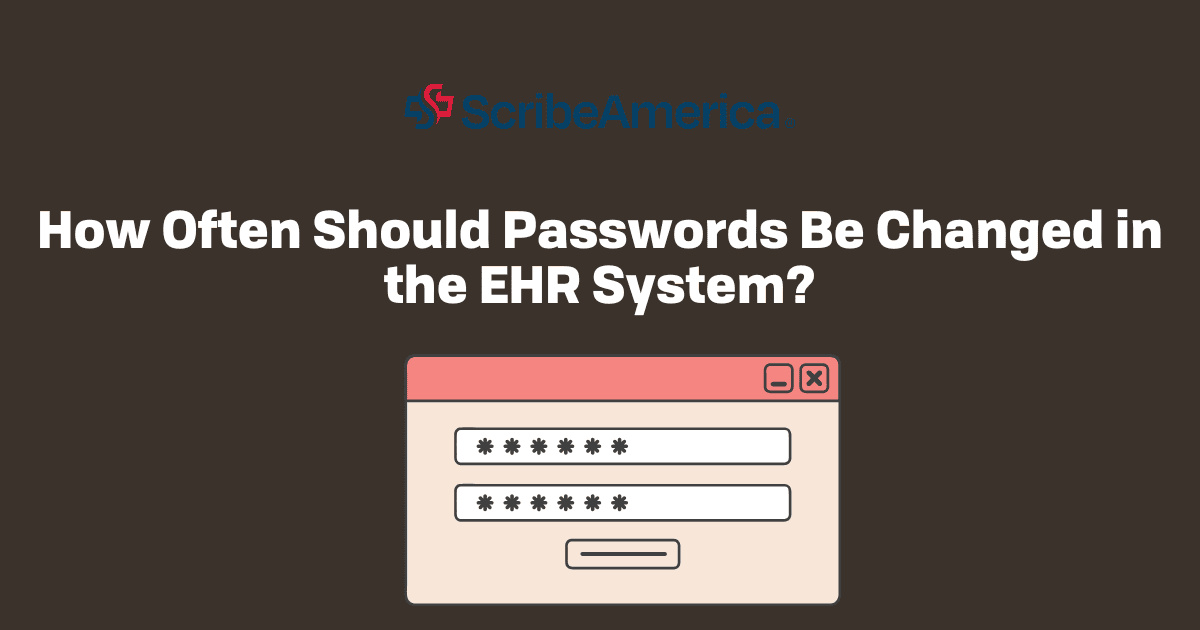Key Points
- The pandemic has highlighted the critical importance of diversity, equity, and inclusion (DEI) in healthcare for both workers and patients.
- DEI initiatives lead to improved patient care, better communication, and increased employee retention in healthcare settings.
- A diverse and equitable healthcare workforce can enhance access to care and health outcomes for marginalized communities.
The impact of the pandemic was far-reaching, affecting all aspects of daily life and in particular, in the healthcare space. The effect and changes in healthcare still resonate today and have catapulted the importance of diversity, equity, and inclusion (DEI) for healthcare workers and patients.
What Is Diversity, Equity and Inclusion in Healthcare?
In the context of healthcare, diversity refers to the representation of different ethnicities, races, ages, genders, religions and other variables within the staff and patient population. Equity refers to fair opportunities for everyone to access healthcare as well as careers in the industry. Inclusion refers to a supportive and respectful environment for both the staff and patient population within a healthcare practice. In a world where healthcare workers feel more burned out than ever before and patient care is at utmost priority, it’s crucial for healthcare facilities to prioritize DEI initiatives and build a workplace that represents the population.
Why Is Diversity, Equity and Inclusion Important in Healthcare?
Prioritizing DEI in a healthcare facility has shown to correlate with improved patient care. A diverse staff allows for the patient population to feel more comfortable in their care, and also allows for better communication and risk assessment. Patients feel more forthcoming, not only in their initial encounters with clinicians, but also in their long term care in the outpatient setting.
Diversity, equity and inclusion in the workplace also has shown to improve employee retention. In a post-COVID world, the healthcare industry has been faced with staffing challenges across the board. Surveys among multiple healthcare facilities revealed that employees were more willing to stay at an organization where they felt the employer valued a diverse workspace. More specifically, employees intended to stay at organizations where they felt management treated people from different backgrounds fairly and equally. A diverse and equitable work environment has also shown to be correlated with a strong safety culture, which helps employee satisfaction and in turn, retention.
How DEI in Healthcare Improves Patient Satisfaction and Culture
The integration of diversity, equity and inclusion principles in healthcare has the potential to create more positive change in the industry, leading to more equitable access to care, improved health outcomes for marginalized communities, and a more culturally competent healthcare workforce. We continue to strive for a healthcare system that serves all individuals equally and prioritizing DEI remains critical for building healthier and stronger communities.
Resources:




